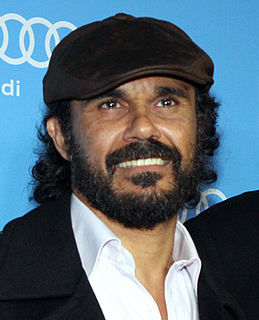A Quote by David Ogilvy
Viewers have a way of remembering the celebrity while forgetting the product. I did not know this when I paid Eleanor Roosevelt $35,000 to make a commercial for margarine. She reported that her mail was equally divided. "One half was sad because I had damaged my reputation. The other half was happy because I had damaged my reputation." Not one of my proudest memories.
Related Quotes
Her mother died at the age of 29, essentially turning her face to the wall and deciding to die. And so we can only imagine the agony she felt. And Eleanor Roosevelt really wanted to make her mother happier, and - and to make her live, you know, make her want to live. And there's something about, you know, when your mother dies, this sense of abandonment. I think Eleanor Roosevelt had a lifelong fear of abandonment and sense of abandonment after her parents' death.
On international relations, Eleanor Roosevelt really takes a great shocking leadership position on the World Court. In fact, it amuses me. The very first entry in her FBI file begins in 1924, when Eleanor Roosevelt supports American's entrance into the World Court. And the World Court comes up again and again - '33, '35. In 1935, Eleanor Roosevelt goes on the air; she writes columns; she broadcast three, four times to say the US must join the World Court.
In a way, her strangeness, her naiveté, her craving for the other half of her equation was the consequence of an idle imagination. Had she paints, or clay, or knew the discipline of the dance, or strings, had she anything to engage her tremendous curiosity and her gift for metaphor, she might have exchanged the restlessness and preoccupation with whim for an activity that provided her with all she yearned for. And like an artist with no art form, she became dangerous.
The inspired moment may sometimes be described as a kind of hallucinatory state of mind: one half of the personality emotes and dictates while the other half listens and notates. The half that listens has better look the other way, had better simulate a half attention only, for the half that dictates is easily disgruntled and avenges itself for too close inspection by fading entirely away.
You know, and the fact that Nina Simone had to start playing in clubs and sing because her parents had moved north to support her music education. You know, so she had to sing. She had to make a living 'cause she was supporting her family. So poverty and race put her in this place which, you know, created enormous success, but it's not what her psyche was all about.
I think that it is true that Eleanor Roosevelt, by being so active on that front, contributed to that impression very substantially. And it's to her credit that she was interested in this, let me say. But once again, I'm not sure the extent to which Roosevelt - I guess he did use her really, particularly on the civil rights front. No question about it, because she was well identified out there, and brought a good many blacks into the Administration, into the White House, into his presence and so on.
Eleanor Roosevelt's very helpful to a lot of children who cannot speak French, who do not write well. And Marie Souvestre is fierce. She tears up students' papers that are not, you know, perfect. And Eleanor Roosevelt goes around, again, being incredibly helpful to children in need, children in trouble. And her best friends are the naughtiest girls who are in trouble. And she is a leader. And she is encouraged to be a leader. And everybody falls in love with her. She's a star.































